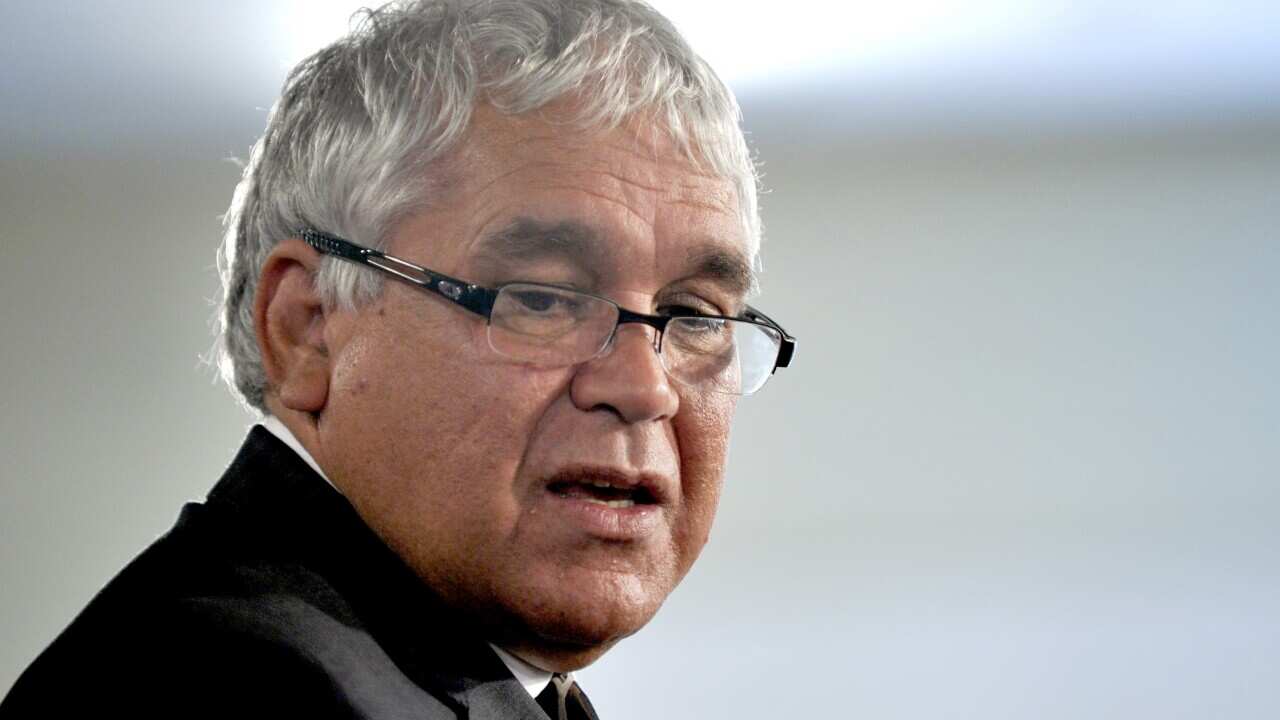Indigenous organisations have said they have not been provided the proper resources to gather testimony and evidence for the Northern Territory youth detention royal commission.
The commission’s first sitting was held in Darwin today, with commissioners Margaret White and Mick Gooda explaining the scope of the investigation.
Commissioner White encouraged people to contact the commission by phone, email or letter. She said every person and institution that could help the enquiry was urged to do so.
But peak Aboriginal bodies in the NT have expressed “concerns” that they have not had sufficient funding or time to reach out to communities for submissions, according to John Paterson, chief executive of the Aboriginal Medical Services Alliance NT (AMSANT).
Mr Paterson, speaking outside the courtroom today in Darwin, said engaging Indigenous communities was “critical”, but there were likely to be significant obstacles in the coming months.
“The wet season is fast approaching here in the Top End, and you’ve also got cultural activities that are happening in central Australia.”
The rainy season in the Territory often causes road closures that make it difficult to reach remote communities.
Mr Paterson recently took both royal commissioners, Ms White and Mr Gooda, on a trip to the remote town of Kalkarindji following the recent Wave Hill walk-off anniversary celebrations.
“For them to have that experience and exposure to over 300 Aboriginal people meeting in a remote location, out in the scrub in the Northern Territory, talking about these critical national issues, really brought home some of the logistical challenges,” he said.
“[Aboriginal Peak Organisations Northern Territory] is requesting the appropriate level of resources and funding so that we can assist the royal commission.”
Lawyer Peter O’Brien, who has represented Dylan Voller, said his clients would be watching the royal commission with interest.
"They are motivated by one factor, and that is not to allow this to happen to any other child into the future. What happened to them is deplorable,” Mr O’Brien said.
“We need to know why that happened and to make sure it doesn't happen to other children."
The commission’s public hearings are expected to begin by mid-October and continue for the rest of the year, with a final report due at the end of March next year.
RELATED READING

Brandis defends royal commissioner's tweet


